Five milestones in career of Nobel Peace Prize winner Machado
Nobel Committee chair Jorgen Watne Frydnes lauds her as "one of the most extraordinary examples of civilian courage in Latin America in recent times."
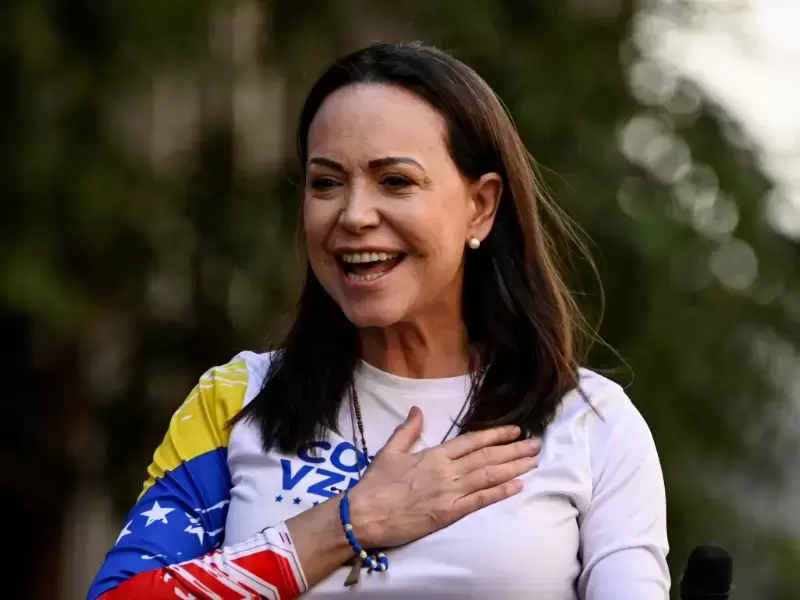 Venezuelan opposition leader Maria Corina Machado gestures at a protest ahead of the Friday inauguration of President Nicolas Maduro for his third term, in Caracas, Venezuela January 9, 2025. / REUTERS/Maxwell Briceno
Venezuelan opposition leader Maria Corina Machado gestures at a protest ahead of the Friday inauguration of President Nicolas Maduro for his third term, in Caracas, Venezuela January 9, 2025. / REUTERS/Maxwell Briceno
From her first, highly-publicized broadside against late Socialist firebrand Hugo Chavez to winning the Nobel Peace Prize on Oct. 9, here are five milestones in the career of Venezuelan pro-democracy activist Maria Corina Machado.
'Expropriation is theft'
In January 2012, during then-president Chavez's marathon annual address to parliament, in which he justifies the expropriations of hundreds of foreign- and Venezuelan-owned businesses, a voice pipes up.
Also Read: Venezuela's opposition leader Machado wins Nobel Peace Prize, White House critical
"Expropriation is theft," Machado, an engineer and little-known MP, says.
Chavez dismisses her as a political minnow and refuses to debate with her, declaring: "An eagle doesn't hunt flies."
But the challenge does not go unnoticed.
Many Venezuelans praise her courage in standing up to the all-powerful Chavez, and she becomes a political celebrity overnight.
Cast out
In March 2014, she is stripped of her parliamentary mandate for attending a meeting of the Organization of American States as an "alternate ambassador" for Panama.
Panama had lent her the title to allow her to address the OAS assembly, where she denounces human rights violations during street protests to demand the removal of Chavez's successor, President Nicolas Maduro.
Accused of promoting violence, Machado is barred from holding public office for 12 months. Seen as a radical, her influence wanes.
Reviving the opposition
She returns to the frontlines after a failed attempt to oust Maduro in 2019 in the aftermath of his first re-election, which was marred by fraud allegations.
The movement is led by parliament speaker Juan Guaido, whom the United States and dozens of other countries recognize as "interim president" but Maduro sees off the attempt to depose him, with the support of the military.
With opposition morale at rock bottom, and its leadership divided, Machado steps in.
She pushes for an opposition primary to choose Maduro's opponent in July 2024 presidential elections.
She sweeps the boards in the 2023 primary with 92 percent of the votes cast by more than two million people.
The win consolidates her as opposition leader but she is barred from contesting the election by authorities loyal to Maduro.
The power behind the candidate
After a failed bid to have her ineligibility overturned Machado designates elderly diplomat Edmundo Gonzalez Urrutia to replace her on the presidential ballot.
Gonzalez Urrutia shuns the limelight, as Machado crisscrosses the country to campaign for him, drawing huge crowds of fervent supporters.
Hope of a change at the top fizzle when Maduro is proclaimed winner of the July 28, 2024, election but the electoral commission never gives a detailed vote breakdown, claiming it is the victim of "massive cyber attack."
The opposition accuses Maduro of fraud, publishing its own tallies from individual voting stations that show its candidate winning nearly 70 percent of the vote.
Only a handful of countries, including allies Russia and China, recognize Maduro's win.
The United States proclaims Gonzalez Urrutia the country's president-elect.
Going underground
The crackdown on protests that erupt over Maduro's re-election claims at least 24 lives.
Around 2,400 people are detained.
Gonzalez Urrutia goes into exile in Spain but Machado stays behind to lead the resistance.
She goes into hiding, saying she fears for her life, re-emerging briefly on the back of a truck to address an opposition rally on the eve of Maduro's inauguration for a third term.
She continues trying to rally the opposition with defiant videos posted on social media and backs a campaign of US military pressure on Venezuela.
On October 10, she becomes the first Venezuelan to win the Nobel Peace Prize.
Nobel Committee chair Jorgen Watne Frydnes lauds her as "one of the most extraordinary examples of civilian courage in Latin America in recent times."
ADVERTISEMENT
ADVERTISEMENT
E Paper
Video



 AFP
AFP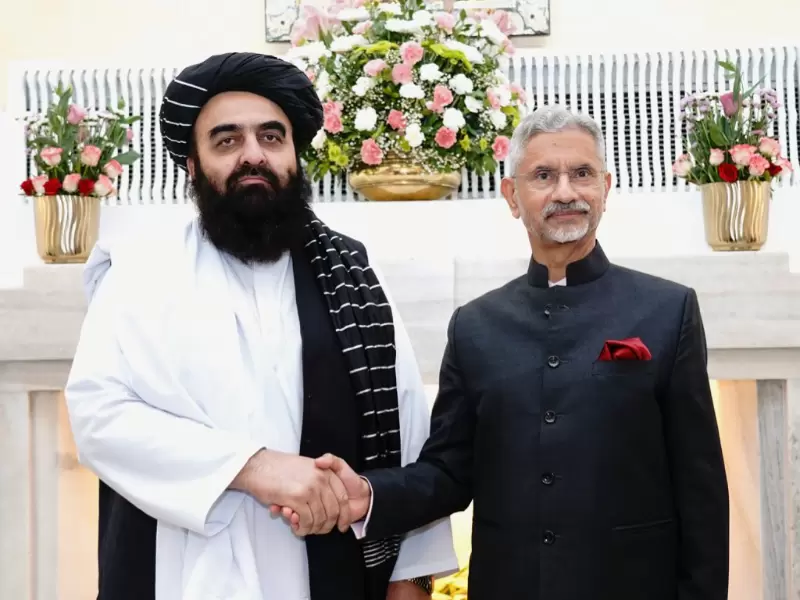
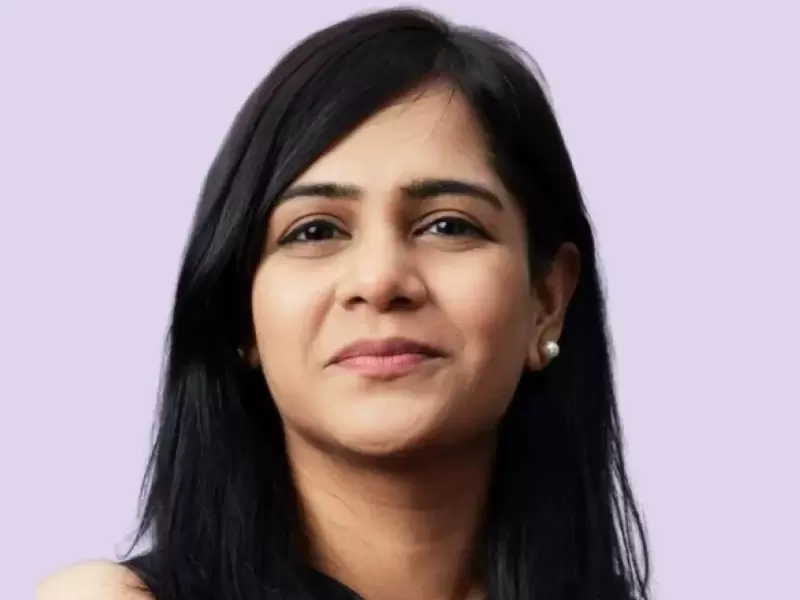
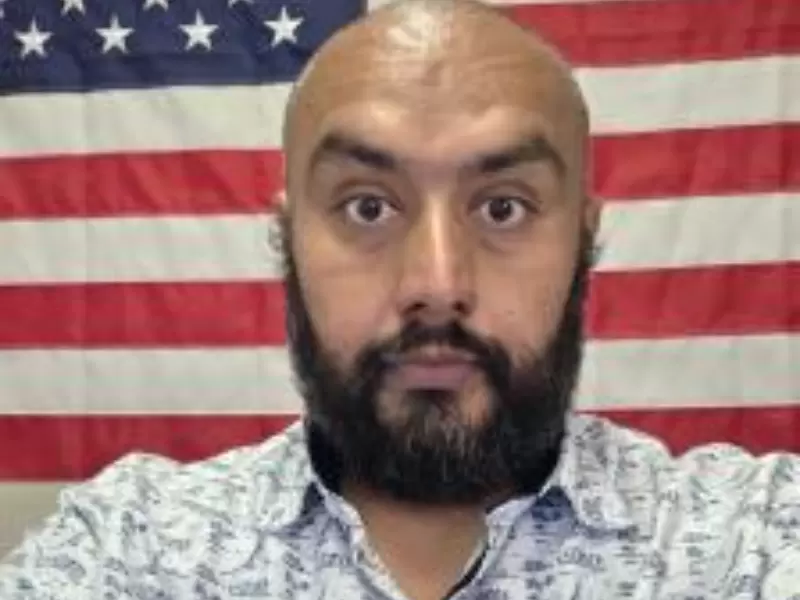
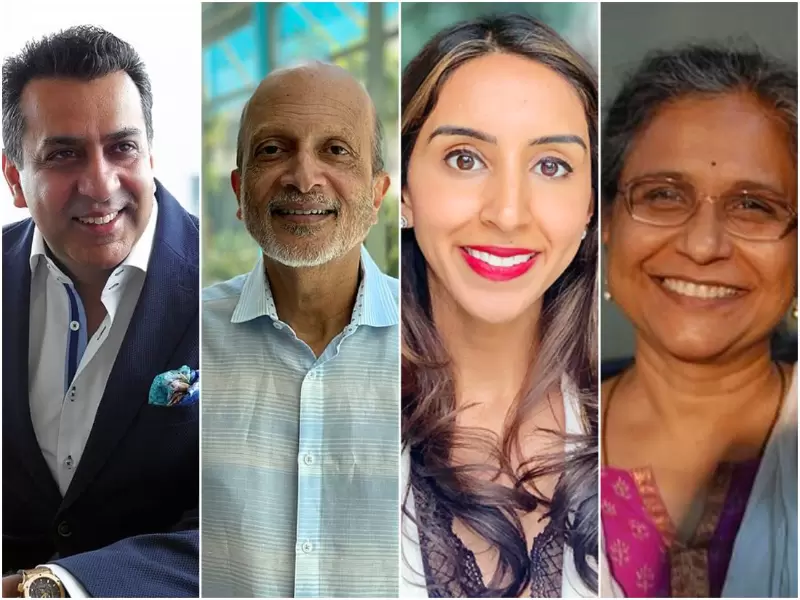
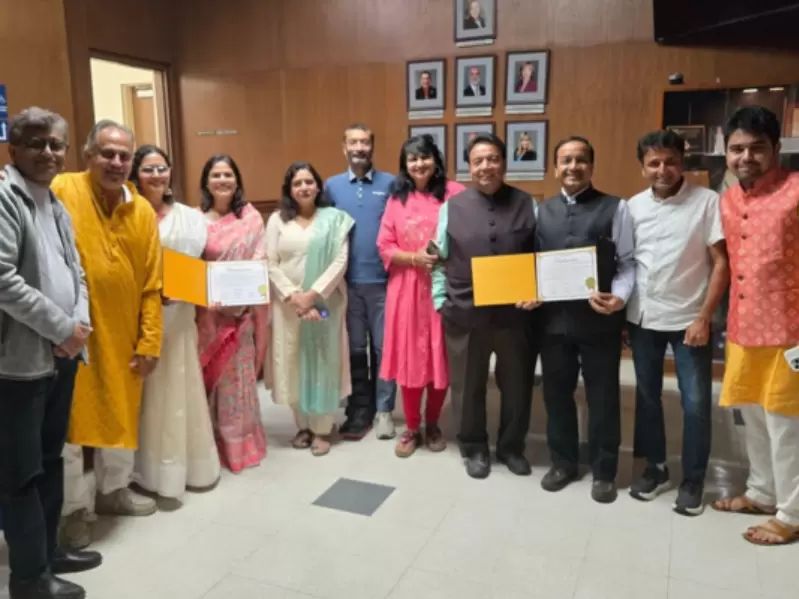
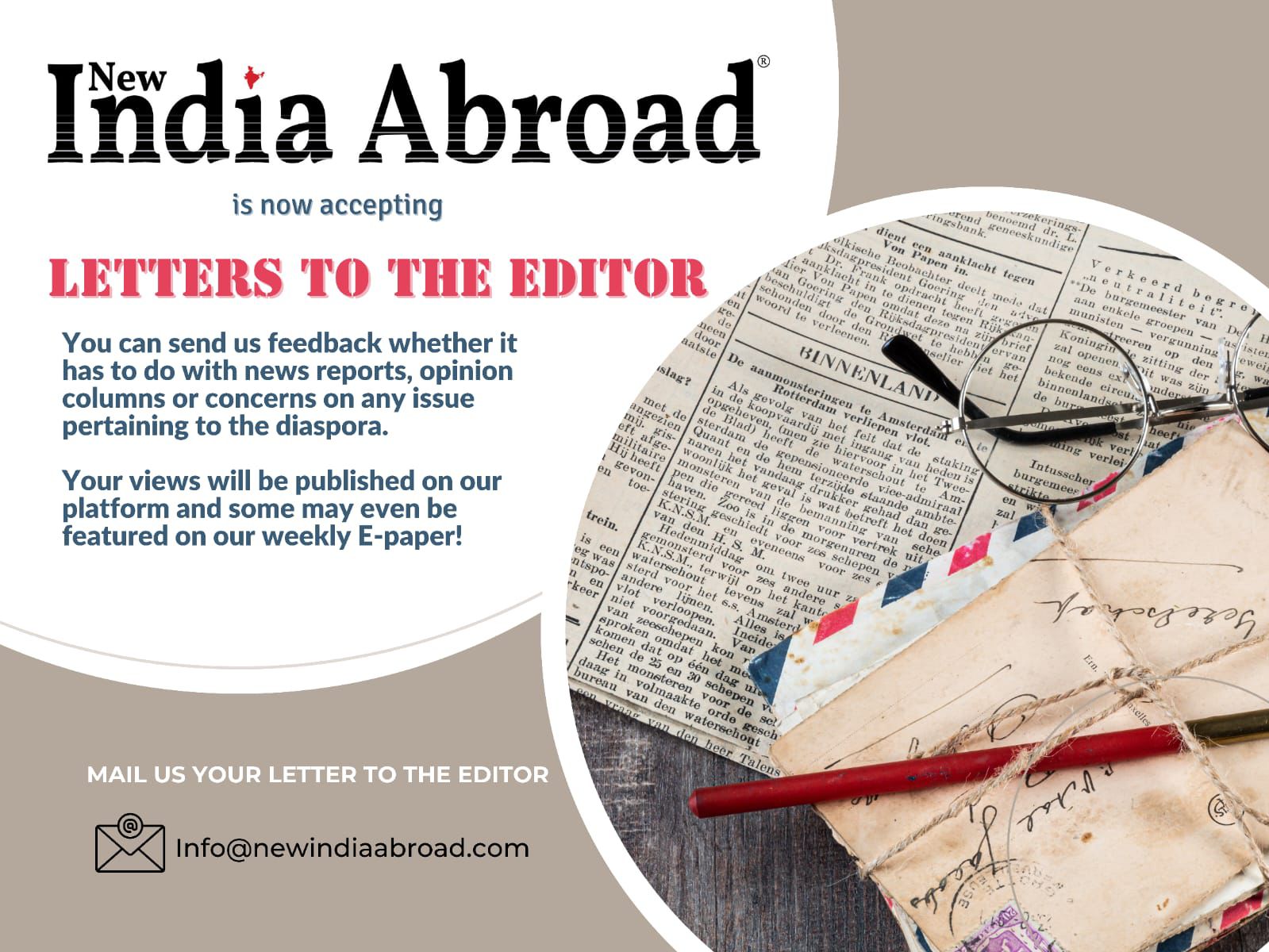
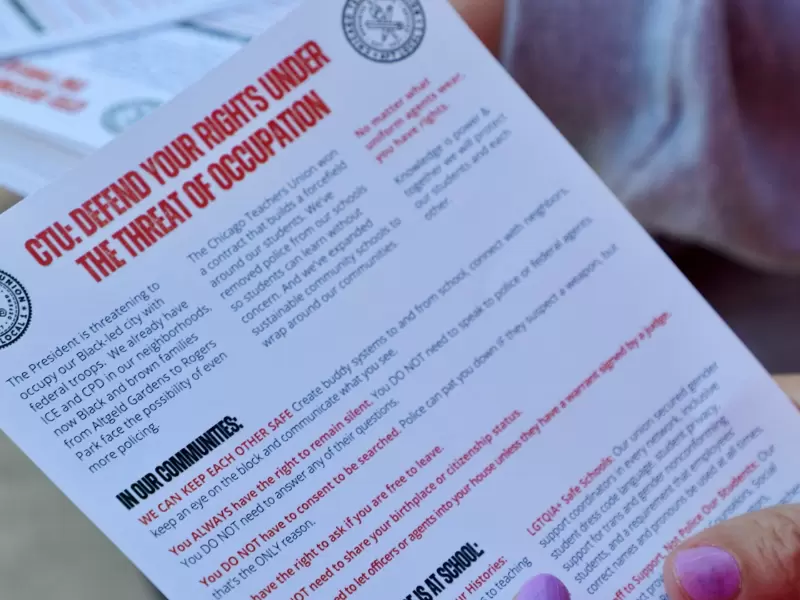
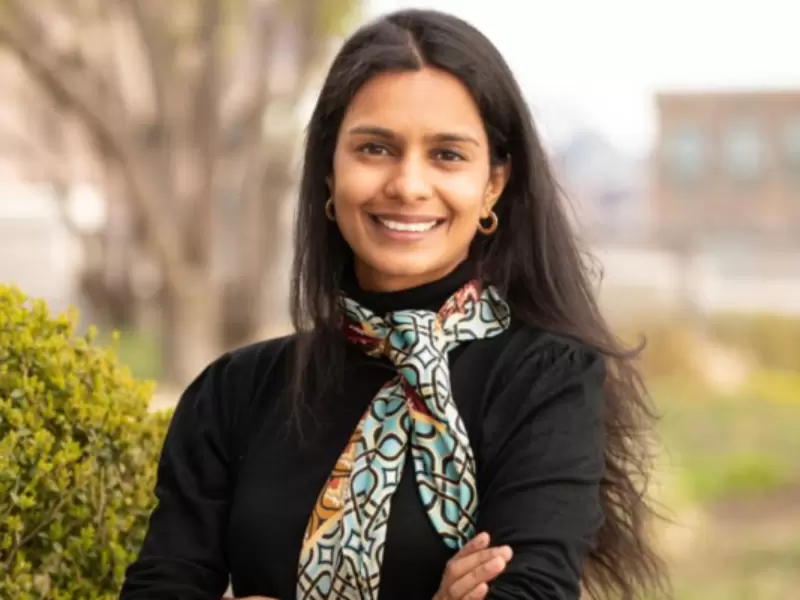
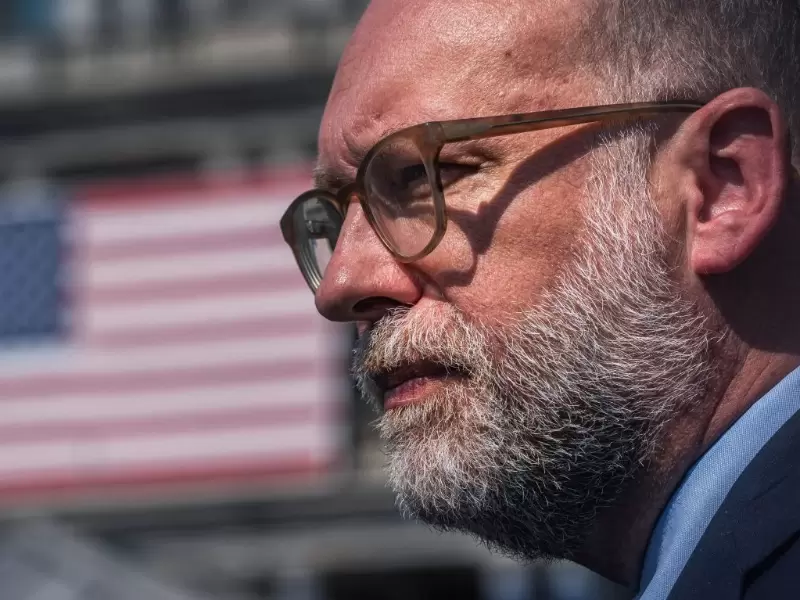

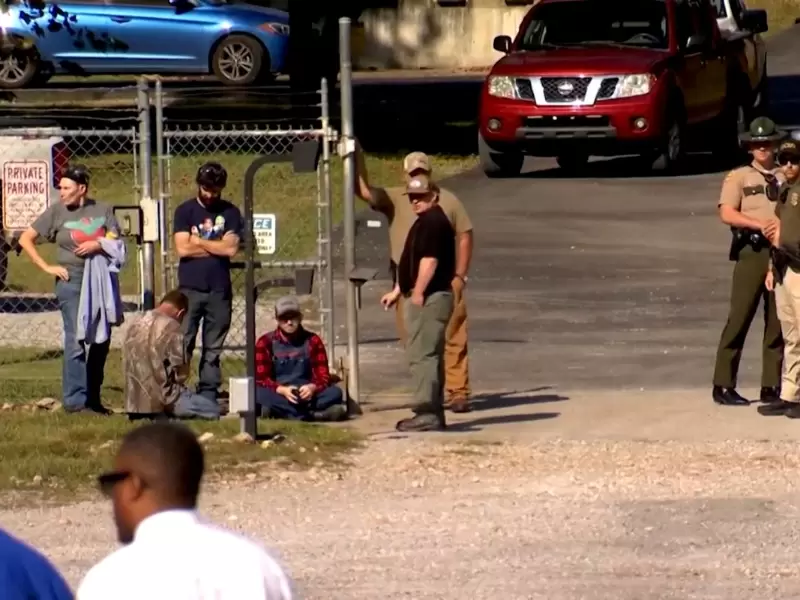



Comments
Start the conversation
Become a member of New India Abroad to start commenting.
Sign Up Now
Already have an account? Login